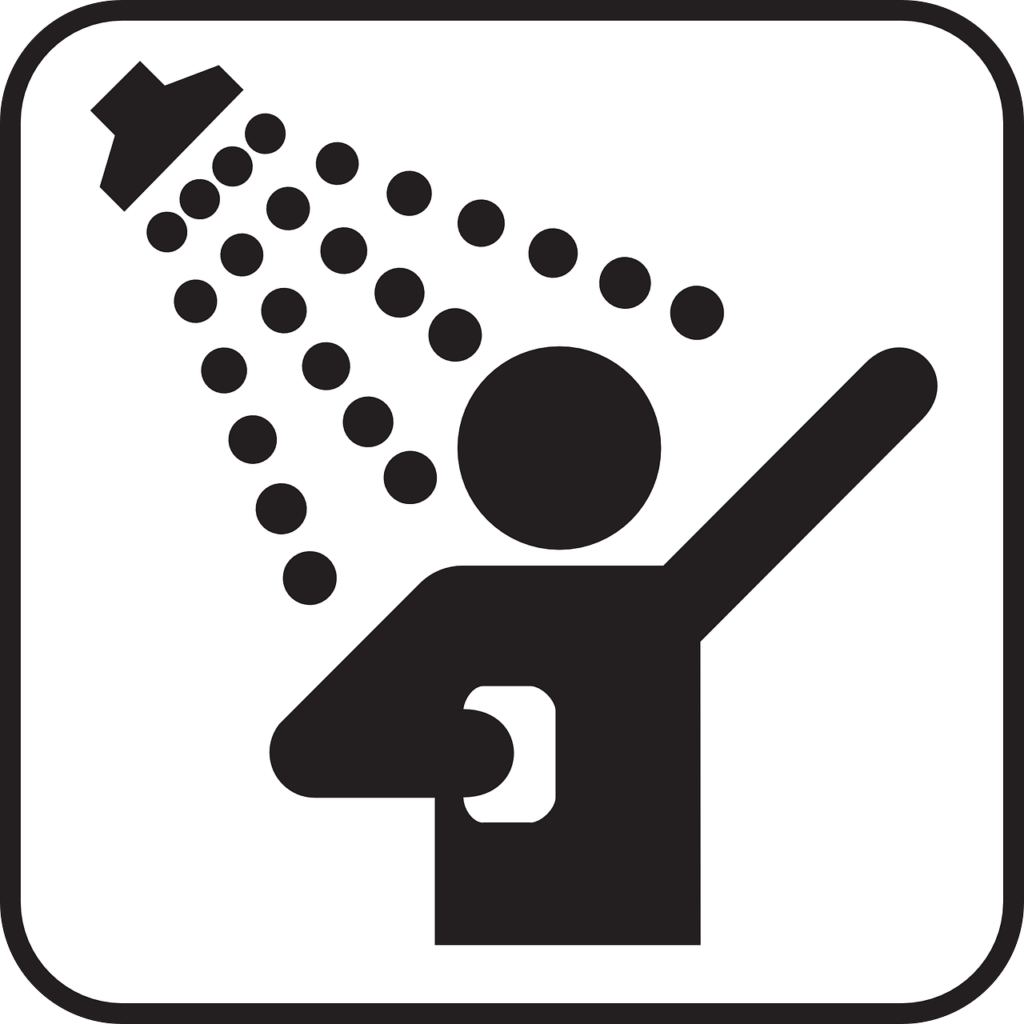
If your attempts at networking are usually followed by a shower to wash away that slimy feeling, it’s time for an immediate course-correct.
By Yvonne Milosevic
Those who say they hate networking see it as uncomfortable, transactional, or phony—basically using other people as a means to an end. But networking can feel natural—nay, enjoyable—with the right approach. Run through this checklist of common networking mistakes and see if you can make some career-boosting improvements.
Mistake #1: Making it all about your needs.
Sure, you have your eye out for any opportunity to gain a foothold on the next rung of your career ladder. But when it comes to making the relationships that could help you get there, ‘tis better to give than receive. Assess your skills, experiences, and connections. No doubt, you’ll discover specific ways you can help others. When you meet someone new at an event, try to learn more about their goals or challenges. Instead of pitching yourself, find ways to meet their needs, even if they’re not asking for it at the moment.
Mistake #2: Thinking you have nothing to offer a senior executive.
Younger professionals can feel intimidated by people in power positions. Yet there’s a growing realization that reverse-mentoring is mutually beneficial. As this piece in Harvard Business Review on cross-generational learning points out, older professionals often fail to expand their network once they hit a certain age.

Whether you can offer tech expertise, insights from a generational perspective, or help finding a great assistant, know that you have valuable skills and fresh ideas that the more seasoned executive will appreciate.
Mistake #3: Treating networking as a numbers game.
Some people make the mistake of prioritizing quantity over quality. We’ve all seen the guy who makes a competition out of collecting as many business cards as possible at networking events. Successful networking has nothing to do with acquiring a massive list of contacts.
“A smaller network of more powerful relationships has infinitely more value than a so-called Rolodex of people who are weak contacts at best,” executive coach Anne Marie Segal writes in Forbes.
Instead, focus on cultivating real relationships with people you admire. Seek out mentors who inspire you, or who are on the career path you hope to one day travel. Nurturing these types of connections could pave the way for a golden career opportunity in the future.
Mistake #4: Neglecting your existing network.
Remember this little ditty from childhood? Make new friends but keep the old. One is silver, and the other is gold. Don’t get so caught up growing your network that you let established relationships fall by the wayside. If you don’t often see those contacts IRL, reconnect through social media. Comment on/like their posts and share articles that would interest them. A little effort goes a long way toward keeping those relationships alive despite life’s inevitable changes.
Mistake #5: Starting your network building too late.
The people who hate networking the most have probably waited too long to start building one. It can feel awkward to hit up acquaintances when you’re looking for a new job or considering a career switch. Sure, someone may be willing to pass along your resume. But thoughtful feedback on your plans will be harder to come by.
If you haven’t yet invested much effort into cultivating your network, it’s time to get busy. Introverts, who usually excel at one-on-one relationships, can begin by tapping into their current contacts to grow their network.

As author, Duke Fuqua professor, and self-proclaimed introvert Dorie Clark shared in this interview: “There are plenty of new and interesting people to meet who already have some connection to you, so ask for suggestions from friends and colleagues about who they know that they think you should connect with.”
By focusing on making meaningful connections with people, you’ll naturally develop solid relationships that will prove invaluable as your career progresses. A nice bonus: now networking events will no longer feel sleazy–or require a scrub down afterward.


